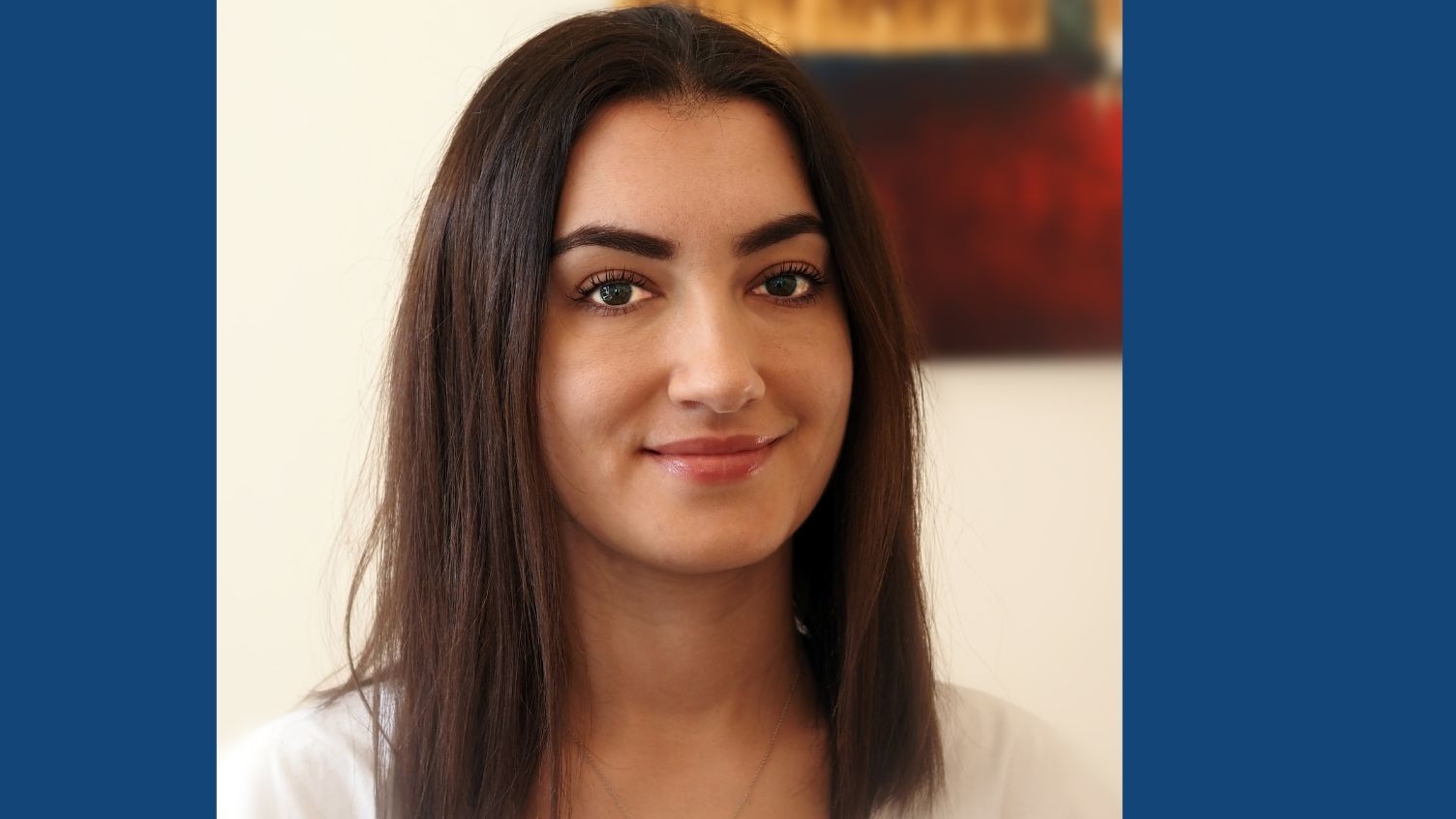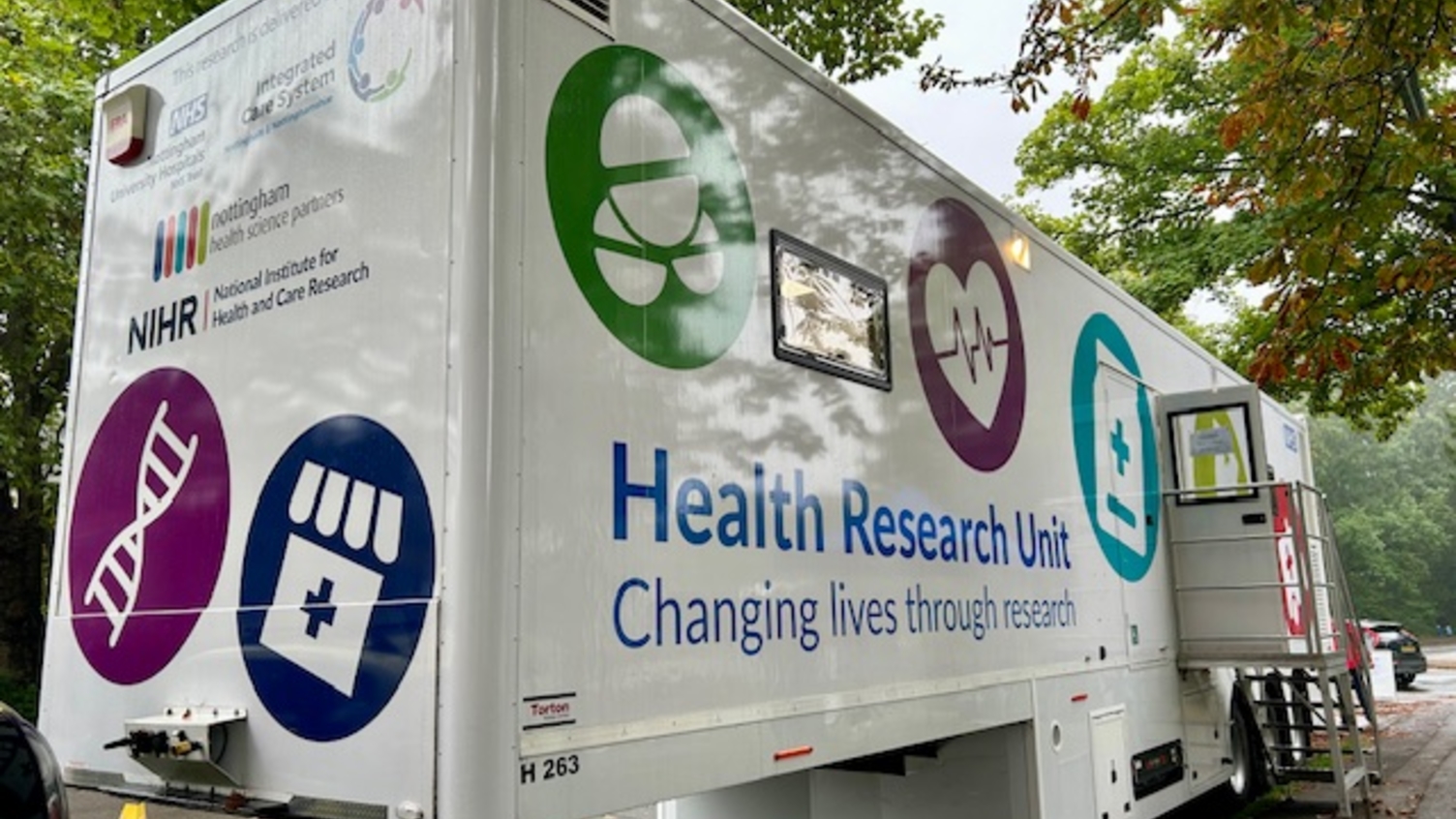Dementia Action Week - Mum's memory inspires Margaret to be part of research
- 17 May 2024
- 3 min read
Margaret Broughton-Smith's late mum, also named Margaret, lived with dementia before she passed away in 2019.
Margaret has taken part in a study looking at the early detection of Alzheimer's Disease.
A research practitioner spurred on by her mum's memory has encouraged others to get involved in research to help the fight against dementia.
Margaret Broughton-Smith has taken part in various studies by registering with the National Institute for Health and Care Research (NIHR) service Join Dementia Research (JDR), which pairs people with suitable study opportunities.
Most recently, she matched with a study seeking to improve the early detection of Alzheimer's Disease, the most common type of dementia. It involves completing some brain function assessments as well as recording brain activity via small sensors attached to the scalp and undergoing a type of MRI scan.
Margaret's passion for dementia research stems from her mum, also named Margaret (pictured, inset), who lived with dementia before she passed away, aged 89. Married to Bob, she was a mum-of-four, a grandmother and great grandmother. She worked as a nursery nurse at Princess Infant School in Moss Side, Manchester, where she taught generations of children.
"I took part because my mum had dementia and she passed away in 2019," said Margaret, who works in research herself as a Senior Clinical Research Practitioner with the NIHR Clinical Research Network Greater Manchester. "I will do anything if it can help find a diagnosis quicker. I signed my mum up for JDR as well and I did studies with her.
"We have a family history of dementia. My granddad Robert had what they used to call 'senile dementia' (a now-defunct term). So anything that can help against dementia, I'm happy to be part of it."
Margaret was speaking during Dementia Action Week 2024 - a campaign designed to bring the UK together to take action on improving dementia diagnosis rates. Currently, one in three people with dementia do not have a diagnosis.
What does the study involve?
Margaret has taken part in the Semantic study, led by the University of Manchester's Neuroimaging group. This research is investigating how our memory for word meaning, known as semantic memory, changes in people with Alzheimer's Disease (AD).
The research team uses functional magnetic resonance imaging (fMRI) and electroencephalography (EEG) to study where in the brain these memories are stored and what happens when we retrieve them.
By comparing AD patients' brain data to healthy volunteer brain data such as Margaret's, the study aims to find out which parts of the brain are damaged by AD and how this impacts the ability to retrieve semantic memories.
Previous research has found that changes in these signals can occur prior to a diagnosis of AD and may even be a predictor of the likelihood of developing AD in later life. The study team hopes to develop this research, with a long-term goal of assessing the feasibility of using EEG, a cheap and commonly available piece of clinical equipment, to improve the early detection and diagnosis of AD.
Margaret added: "It's just two visits, a couple of hours each time. It's very private and very comfortable. I was made aware of it by being signed-up to JDR. As someone who works in research, I feel I can't encourage someone to sign-up if I've not done it myself! I'm signed up to various registries - Be Part of Research, Research for the Future and Our Future Health as well."


